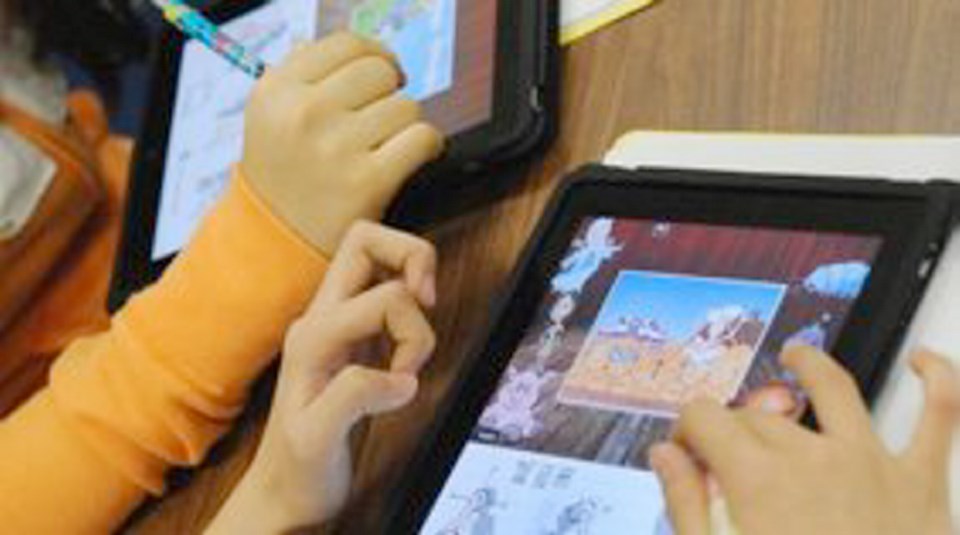With students able to search online on any topic and the average five-year-old able to navigate a tablet with ease, schools are moving away from a traditional model where all students read the same book at the same time, answer the same questions and write the same test.
There is a massive shift underway, and as students go back to school next week, a new optional curriculum will be in place for students up to Grade 9. It will be mandatory next year. Grades 10 to 12 are next, with a draft curriculum expected this week.
Teachers have expressed concerns about a lack of training and resources to carry out the changes and some parents are concerned that the new curriculum doesn’t put enough emphasis on the basics, particularly in math.
The shift will also bring in new methods of assessment that could see traditional report cards and letter grades disappear.
A bit further off are new graduation requirements, which could mean the end of every student passing the same basic courses and exams in order to get a diploma. When the graduation requirements change, that could have significant effects on the post-secondary system and how to decide which kids to accept.
Education Minister Mike Bernier said the transition is happening because parents want their kids to succeed as technology and innovation reshape society.
“Parents expect their kids to learn the basics — reading, writing and arithmetic. They also want them to learn the collaboration, critical thinking and communications skills they’ll need to succeed in college, university and the workforce,” Bernier said.
“Personalized learning is at the heart of the changes — and teachers will have the time and ability to help kids dig into what interests them. The new curriculum will give teachers the ability to tap into these passions.”
Teachers, who helped create the new curriculum, like its focus on big ideas and competencies, but they are concerned about resources, funding and training.
The B.C. Teachers’ Federation is calling for implementation funding, and says in an email to members that the “funding committed to date falls far short of what we know is required.”
Support for students with special needs is another concern for the union, as is the push to train students for trades.
Bernier said teachers will be trained in how to use the new curriculum.
“I expect we’ll have details on exactly how we are going to do that in the near future,” Bernier said.
Jan Unwin, superintendent of graduation and student transitions for the Ministry of Education, has been heading up the changes.
She wants kids to follow their passions, but to make sure they still learn the necessary facts.
“Having talked to hundreds of graduates, even the ones who get all the scholarships, when you talk to them, they sound more compliant than jazzed about their learning,” Unwin said. “If we keep doing it this way — which was built for a different time and a … different world — what will happen if we do nothing? Will we become irrelevant?”
But there are no global examples to follow and this education transformation is untested.
Some parents, such as North Saanich mother Tara Houle, are concerned that the math curriculum doesn’t bring back an emphasis on the mastery of fundamentals.
But Unwin said the new curriculum will cover the things that every student needs to know in numeracy to be a successful citizen, while other math, such as factoring polynomials for examples, can be taught to kids who really enjoy math.
The new curriculum is broader, more flexible and allows subjects to be blended together.
“A bigger task now, for education, is rather than give the information, to help kids sort it and be critical thinkers about it,” Unwin said.



